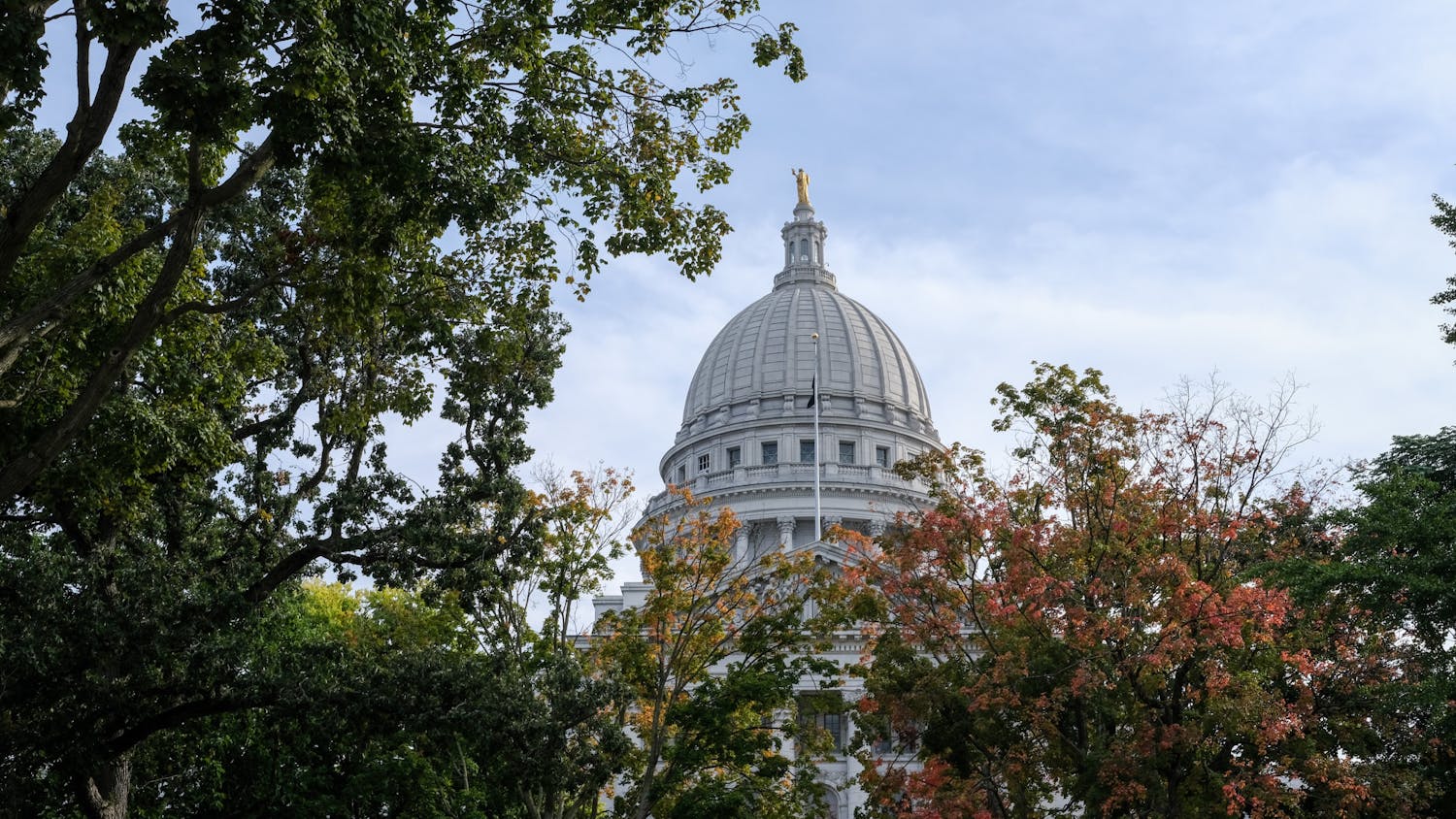Wisconsin Attorney Brad Schimel attended a UW-Madison College Republicans meeting Tuesday as a guest lecturer, with topics ranging from his recent activity as AG for the state Department of Justice to his take on the latest issues in the political spotlight.
Schimel addressed his role in the ongoing Wisconsin district lines court case, in which Democratic voters accused the state of gerrymandering, or systematically establishing a political advantage by skewing district lines. The plaintiffs say the district voting maps suppress Democratic votes and led to the current Republican majority in the Wisconsin Assembly.
The case was sent to the U.S. Supreme Court. As of now, the U.S. Supreme Court has yet to give a ruling.
Schimel, however, weighed his victory in the court on two contingencies: judicial conservatism and legal standing.
“There is a difference between political and judicial conservatism,” Schimel said. “Judicial conservatism implies that [the Courts] should remain as far detached from most legislative actions.”
He further asserted that the conservative-majority justices believe that should the Court embroil itself whenever there is political dissention, the Court would effectively function as an electoral body. Thus, the Court would reject the litigation on the basis of maintaining impartiality.
Additionally, he claimed that the plaintiffs may lose since the individuals involved in the case are not the individuals who are represented by it, meaning they have no standing, or sufficient connection to the case.
Schimel also spoke on his recent advocacy on the Pro-Life debate, referencing his intervention in an Indiana case concerning abortion. As the father of two adopted children, one of whom was nearly aborted on the injunction of the mother’s parents, he prided himself in giving every citizen, no matter the representation, the right to live.
Schimel concluded his talk by fielding questions from the audience members. When asked about his opponent Josh Kaul in the upcoming election cycle, he dismissed what he called the “on paper” evidence of his assurance. Kaul will also be the head lawyer in the gerrymandering case on behalf of the plaintiffs, while Schimel will be defending the state.
Free speech on campus has been a hot-button issue this year, with the state Legislature proposing two bills that would punish students who interrupt speakers and the recent approval of a Board of Regents policy that mirrors that legislation.
In response to a question concerning the state of free speech, Schimel asserted that political manipulation of free speech for conveniency — restricting it when negative, promoting it when favourable — is denying citizens of their constitutional rights.
“If we don’t have freedom, our experiment in democracy was useless,” he said.
Schimel answered a final question about the “War on Cops.” In recent years, the rate of law enforcement employment has been declining as a result of the growing stigma toward police officers. Schimel said Wisconsin is feeling that decline in applications to become a cop.
He noted that the problem lied in the misrepresentation of police officers — calling the media’s reporting on the Michael Brown shooting, in which he put his hands up to signal don’t shoot, a “work of fiction —” and a misunderstanding of an officer’s powers.






